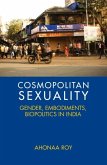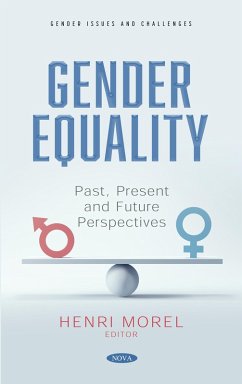In psychoanalysis, misogyny hides in plain sight, seemingly above and beyond the usual conventions of workplace etiquette or even a vague awareness of sexism. It is commonplace in psychoanalytic literature and in the presentation of case studies for a description of the female client''s attractiveness to be given as a diagnosis rather than an opinion, for the word ''feminine'' to be used as a synonym for submission, for psychosexual development to still miss the glaringly important stage of menstruation, for women to still be described in terms of losing a penis but gaining a baby - not a vagina or clitoris - and for the fundamental experiences of pregnancy and birth to be overlooked. Ironically for a field that''s main currency is reflection, the different treatment of women is bypassed as misogyny is institutionalised in psychoanalysis. The book reflects the author''s experience in the world of psychoanalysis and psychotherapy as a trainee, supervisee, student, teacher, psychotherapist and supervisor in various institutions, and as a former CEO of a psychotherapy training organisation. It is a collection of five essays inviting you to join an inclusive conversation about why psychoanalysis is the way it is and, through a case study, experience the impact this misogyny has on the treatment of women. Misogyny in Psychoanalysis highlights what''s at risk for the practice of psychoanalysis / psychotherapy and, most importantly, for those seeking help when institutionalised misogyny goes by unchallenged.
Dieser Download kann aus rechtlichen Gründen nur mit Rechnungsadresse in A, B, BG, CY, CZ, D, DK, EW, E, FIN, F, GR, HR, H, IRL, I, LT, L, LR, M, NL, PL, P, R, S, SLO, SK ausgeliefert werden.









